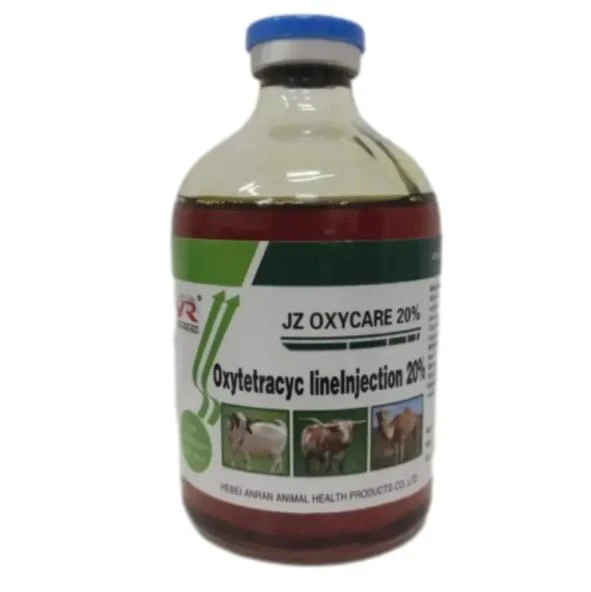- Afrikaans
- Albanian
- Amharic
- Arabic
- Armenian
- Azerbaijani
- Basque
- Belarusian
- Bengali
- Bosnian
- Bulgarian
- Catalan
- Cebuano
- Corsican
- Croatian
- Czech
- Danish
- Dutch
- English
- Esperanto
- Estonian
- Finnish
- French
- Frisian
- Galician
- Georgian
- German
- Greek
- Gujarati
- Haitian Creole
- hausa
- hawaiian
- Hebrew
- Hindi
- Miao
- Hungarian
- Icelandic
- igbo
- Indonesian
- irish
- Italian
- Japanese
- Javanese
- Kannada
- kazakh
- Khmer
- Rwandese
- Korean
- Kurdish
- Kyrgyz
- Lao
- Latin
- Latvian
- Lithuanian
- Luxembourgish
- Macedonian
- Malgashi
- Malay
- Malayalam
- Maltese
- Maori
- Marathi
- Mongolian
- Myanmar
- Nepali
- Norwegian
- Norwegian
- Occitan
- Pashto
- Persian
- Polish
- Portuguese
- Punjabi
- Romanian
- Russian
- Samoan
- Scottish Gaelic
- Serbian
- Sesotho
- Shona
- Sindhi
- Sinhala
- Slovak
- Slovenian
- Somali
- Spanish
- Sundanese
- Swahili
- Swedish
- Tagalog
- Tajik
- Tamil
- Tatar
- Telugu
- Thai
- Turkish
- Turkmen
- Ukrainian
- Urdu
- Uighur
- Uzbek
- Vietnamese
- Welsh
- Bantu
- Yiddish
- Yoruba
- Zulu
9 月 . 01, 2024 11:41 Back to list
Tylosin Injection for Veterinary Use - Effective Treatment for Animal Health
Tylosin Injection in Veterinary Medicine Uses and Considerations
Tylosin is an antibiotic belonging to the macrolide class, commonly used in veterinary medicine to treat a variety of bacterial infections in animals. This medication is particularly effective against specific Gram-positive bacteria and some Mycoplasma species. Tylosin injection is widely utilized in livestock and companion animals to ensure their health and well-being.
One of the primary uses of tylosin injection is in the treatment of respiratory infections in cattle and swine. These species are particularly susceptible to respiratory pathogens that can lead to severe economic losses in the agriculture industry. Tylosin helps reduce the severity of the infection and promotes faster recovery, allowing animals to return to optimal health and productivity.
Tylosin Injection in Veterinary Medicine Uses and Considerations
Tylosin is generally administered via injection, which allows for rapid absorption and action within the animal's system. The dosage and duration of treatment depend on the specific condition being treated, as well as the animal’s weight and overall health status. Veterinarians will often conduct a thorough assessment before prescribing tylosin to ensure it is appropriate for the animal in question.
tylosin injection veterinary

While tylosin is beneficial in treating bacterial infections, it is essential to use it responsibly to minimize the development of antibiotic resistance. Veterinary practitioners advocate for prudent use, recommending that tylosin be used strictly following veterinary guidance and not as a first-line treatment for viral infections, for which antibiotics are ineffective.
Potential side effects of tylosin injections may include localized pain at the injection site, allergic reactions, and gastrointestinal upsets such as diarrhea. Veterinary professionals should monitor animals receiving this antibiotic closely for any adverse reactions, particularly in those with known allergies or pre-existing health issues.
Furthermore, regulatory bodies in many countries have established guidelines regarding the use of tylosin in food-producing animals to ensure food safety and antimicrobial stewardship. It is crucial for producers to adhere to these guidelines, particularly regarding withdrawal times, to ensure that meat and dairy products remain safe for human consumption.
In conclusion, tylosin injection is a valuable tool in veterinary medicine, effectively treating various bacterial infections in livestock and pets alike. Its application not only improves individual animal health but also helps maintain the overall welfare of agricultural enterprises. By employing tylosin judiciously and following veterinary advice, practitioners can contribute to the responsible use of antibiotics in veterinary practices, promoting a healthier future for animals and the humans who care for them.
-
The Power of Radix Isatidis Extract for Your Health and Wellness
NewsOct.29,2024
-
Neomycin Sulfate Soluble Powder: A Versatile Solution for Pet Health
NewsOct.29,2024
-
Lincomycin Hydrochloride Soluble Powder – The Essential Solution
NewsOct.29,2024
-
Garamycin Gentamicin Sulfate for Effective Infection Control
NewsOct.29,2024
-
Doxycycline Hyclate Soluble Powder: Your Antibiotic Needs
NewsOct.29,2024
-
Tilmicosin Premix: The Ultimate Solution for Poultry Health
NewsOct.29,2024













